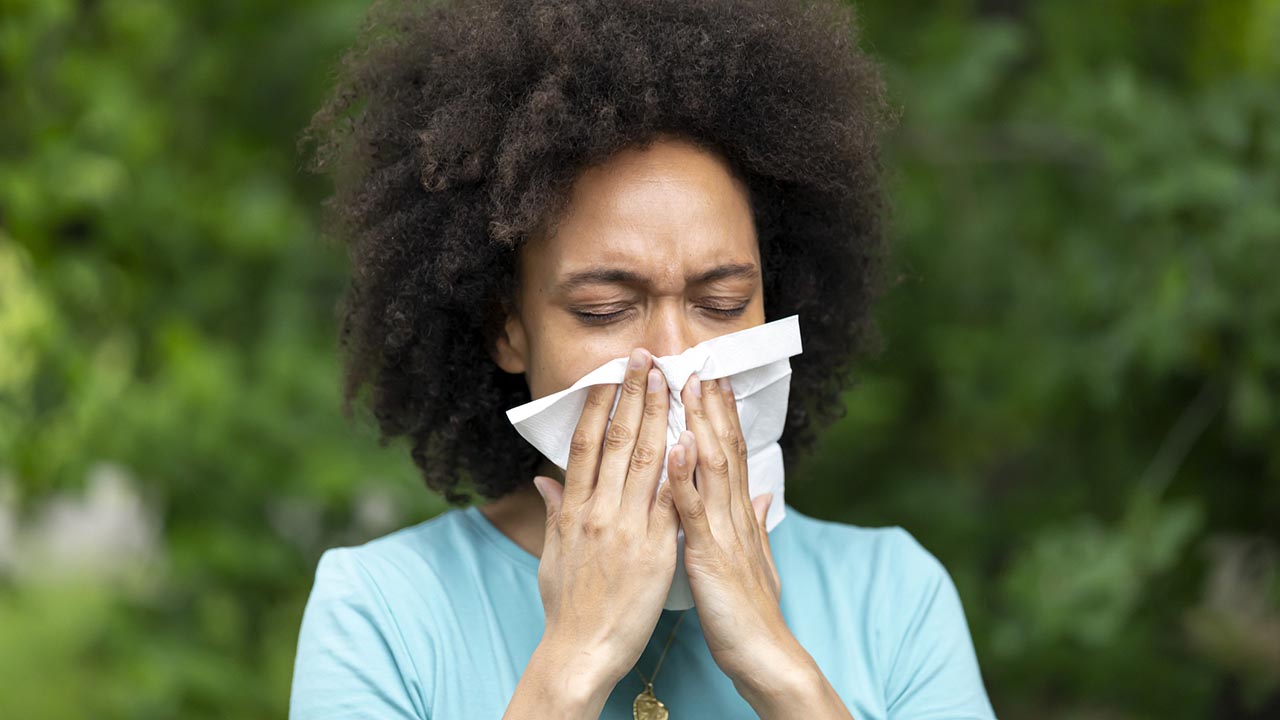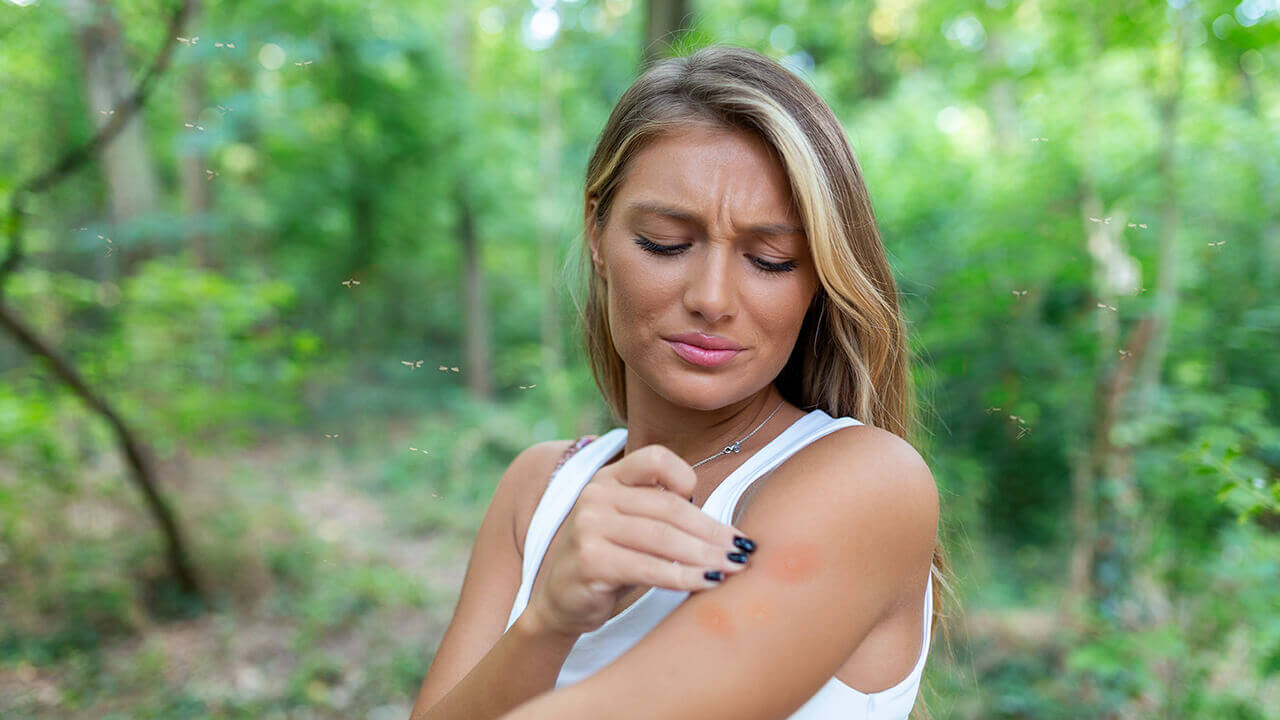

As a parent, you may be thinking about what your child is eating and how it will impact their health. In addition to how many servings of fruits and veggies they are eating, the potential for allergic reactions from certain foods can be a worry.
If you are concerned about your child having a food allergy, a visit with an allergist can help alleviate some of your anxieties. An allergist can provide not only the testing to help determine if your child is allergic to certain foods, but they can also provide education so you can feel more at ease knowing how to reduce the risk of them having a severe reaction.
During an appointment with an allergist, you and the provider will discuss your child’s medical history and determine the appropriate allergy test for them. Food allergy tests include skin prick tests or blood testing but can also include oral food challenges. This is where the allergist, in a safe and controlled environment, supervises your child eating a very small amount of the concerning food. Over a couple hours, the amount of food is slowly increased, and your child is monitored for a reaction.
Your allergist can provide education on such topics as:
If you would like to learn more about how an allergist can help your child, schedule an appointment with a Prevea allergist in eastern Wisconsin in Green Bay, Oconto Falls or Sturgeon Bay.
If you are concerned about your child having a food allergy, a visit with an allergist can help alleviate some of your anxieties. An allergist can provide not only the testing to help determine if your child is allergic to certain foods, but they can also provide education so you can feel more at ease knowing how to reduce the risk of them having a severe reaction.
Food allergy testing
Allergy testing can confirm if your child has a true food allergy. Some symptoms that look like a food allergy may be from a different source, and knowing if your child’s symptoms are truly from an allergy is important to better understand the risk if they are exposed to the food.During an appointment with an allergist, you and the provider will discuss your child’s medical history and determine the appropriate allergy test for them. Food allergy tests include skin prick tests or blood testing but can also include oral food challenges. This is where the allergist, in a safe and controlled environment, supervises your child eating a very small amount of the concerning food. Over a couple hours, the amount of food is slowly increased, and your child is monitored for a reaction.
After a diagnosis
If your child is diagnosed with a food allergy, your allergist can also provide education based on your child’s specific allergy and stage of life. This can help relieve some of the worry that comes along with this diagnosis and arm you with information to support your child at different stages of their life.Your allergist can provide education on such topics as:
- Risks of cross-contamination.
- How to introduce other foods to your child.
- Preventive allergy labeling on food packaging, such as “may contain trace amounts of…” and “manufactured in a plant that also processes…”
- How your child can safely go to daycare or school
- Food/anaphylaxis action plans for daycare or school.
- Things to consider when going to restaurants.
- How to have safe sleepovers.
- Dating with a food allergy.
- Going to college with a food allergy.
- The risk for your other children to have an allergy and if they should be tested for food allergies.
If you would like to learn more about how an allergist can help your child, schedule an appointment with a Prevea allergist in eastern Wisconsin in Green Bay, Oconto Falls or Sturgeon Bay.


